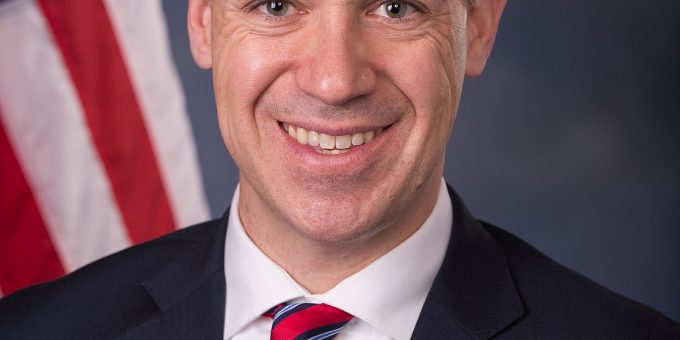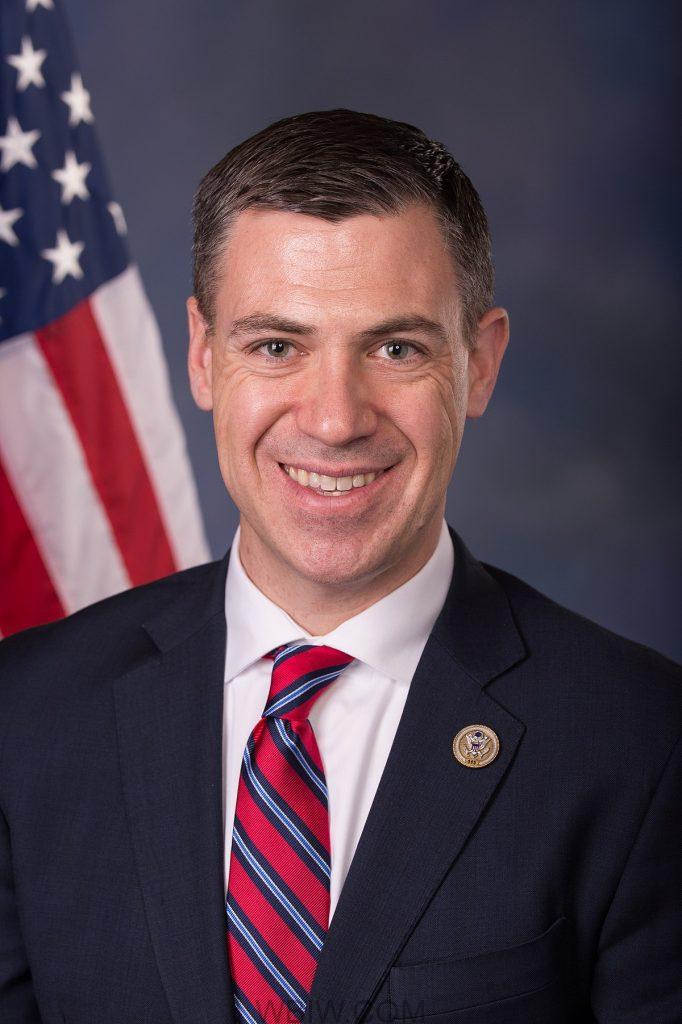
WASHINGTON – Today, Rep. Jim Banks introduced his first piece of legislation in the 118th Congress – the Qualified Immunity Act of 2023.
This bill would codify clearly established Supreme Court precedent in favor of qualified immunity and the protections it provides for law enforcement agents into statutory law.

Rep. Banks previously introduced this legislation in the 116th Congress during the deadly riots and unprecedented attacks on police officers in the summer of 2020.
The Bill text can be read here.
Rep. Banks said, “Indiana’s law enforcement officers risk their lives every day to keep our families and communities safe. Subjecting officers to frivolous, unending lawsuits from the same criminals they put behind bars would be a miscarriage of justice and bankrupt almost every police department in the country.”

Scott Krueger, President, of Indiana State Police Alliance said, “By codifying qualified immunity Representative Banks is protecting decades of jurisprudence. Qualified immunity is a concept that was developed by federal case law in 1967 that protects police officers from individual liability. Law enforcement officers must make decisions in fractions of a second in gray areas of the law, and the officers should not be punished for those decisions unless they knowingly violate a person’s constitutionally protected rights. Representative Banks’ bill will help our members serve the State of Indiana with a level of assuredness that they need not be hesitant to act for fear of frivolous claims.”

Patrick Yoes, National President of the Fraternal Order of Police said, “The doctrine of qualified immunity protects government officials carrying out official acts from being sued unless the official violated a person’s statutory or constitutional rights. This is especially important to law enforcement officers, who need this protection in order to perform discretionary functions fundamental to law enforcement and public safety. Every single factual scenario an officer encounters is different and unknown. It is almost impossible for an officer to determine how a legal doctrine will apply to a split-second factual scenario. That’s why we support Representative Bank’s bill to codify the existing precedent.”

Bill Johnson, Executive Director of the National Association of Police Organizations said, “Qualified immunity is an important protection for the men and women in law enforcement who put their lives on the line every day to protect our communities. Without it, officers will hesitate or be paralyzed in fear of liability for unknowingly violating an unknown and unknowable right. By codifying the currently accepted doctrine of qualified immunity, the Qualified Immunity Act will ensure that violations of known rights are punished, and those officers who performed their duties reasonably are shielded from harassment. We thank Representative Banks for his continued efforts to safeguard officers’ qualified immunity protections.”

Patrick J. Flannelly, Chief of Police (Ret.) of the Lafayette, IN Police Department said, “Qualified Immunity is of paramount importance to policing in America today. I sincerely appreciate the efforts of Congressmen Jim Banks to codify this with his legislation, the Qualified Immunity Act. This critical legislation will ensure police officers can perform their dynamic and dangerous police responsibilities without the fear of unwarranted reprisal.
“Qualified Immunity is one of those legal precedents that is often misunderstood. It does not protect police officers from acting outside of the law; it protects them from frivolous complaints often made by those looking to avoid accountability. Without adequate safeguards in place to protect our officers from criminal actors, who lack the accountability and integrity to behave lawfully, police officers are risking not only their safety but their financial security. Without qualified immunity, it is a simple risk and reward equation that tips into the favorable balance of the criminal,” Flannelly continued.
“For the same reasons the members of Congress are granted these same protections, even to a greater extent, our police officers deserve this professional protection.”
The legislation is supported by the National Fraternal Order of Police, the National Association of Police Organizations, the Indiana Association of Chiefs of Police, and the Indiana State Police Alliance.



